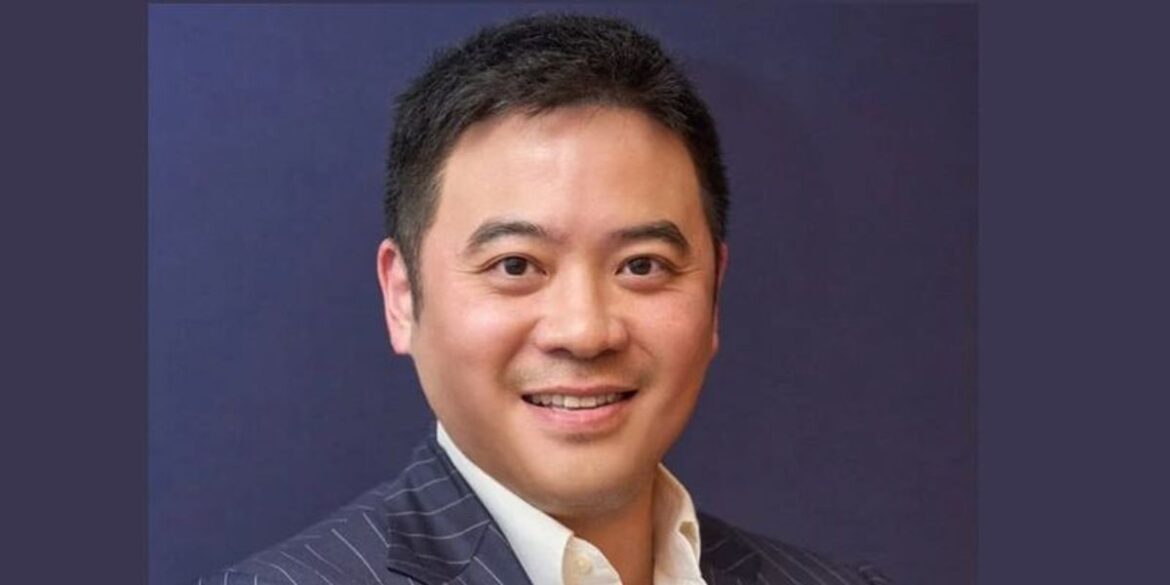CEO
Gary Kwok discusses the company’s value-add strategy and how it uses IHG’s
Garner brand to create a lifestyle midscale segment in Japan.
INTERNATIONAL REPORT — Gary Kwok is very bullish on the
value-add opportunities that exist in Japan, and he thinks his firm, Axe
Management Partners Ltd., can unlock some of the untapped potential in the
country.
“Japan’s tourism has great potential in the coming years.
We feel a lot of untapped opportunities, and we are fully geared to capture
them,” said Kwok, CEO and managing partner of Hong Kong-based business. “We are ready to expand across segments, including upper midscale
and upscale segments across key regional cities that we think have great growth
potential.”
Kwok, who was interviewed Jeff Higley, president of The BHN
Group, a division of Northstar Travel Group, as part of a HICAP Conversations
virtual event in August, said one of the best examples of this was in Axe’s
acquisition of three WBF hotels in Osaka from CapitaLand Ascott Trust for
JPY10.7 billion (US$71 million), which the company reopened as Garner hotels
late last year.
I was brainstorming ways that we can maximize the efficiency and the asset value that can help drive customers and guests to the asset. The Garner brand… gives us the flexibility to input our concept that we think will work, which is a lifestyle boutique midscale concept.
Gary Kwok
“This particular project was a
showcase of our unique value-add strategy,” Kwok said. Axe acquired the three
business hotels, remodeled them and repositioned the assets in a new boutique
midscale segment in Japan, through IHG’s Garner conversion brand.
“We are the first one to launch an international midscale
hotel brand in Asia by implementing new designs, branding design concepts and
operational concepts. We’re very excited to launch that product to target a
particular missing sub-segment in the market,” he said.
Axe is an investment firm that focuses on value-add
strategies across Asia and targets assets with potential for repositioning and
operational upgrades. Kwok said one of the key differentiators for Axe is that
the company is closely involved in the full investment cycle of the asset.
Kwok said the concept to relaunch the hotels in a new
segment came from a desire to maximize the efficiency of the traditional
assets.
“I was brainstorming ways that we can maximize the
efficiency and the asset value that can help drive customers and guests to the
asset,” he said. “The Garner brand fits very well because it is a conversion
brand. It gives us the flexibility to input our concept that we think will
work, which is a lifestyle boutique midscale concept.”
Kwok said it all happened because Axe already had a good
working relationship with IHG.
“Selecting Garner helped us help address the gap in the
Japan midscale segment by delivering lifestyle design, quality service and
accessible pricing,” he said. “We are the first one to be able to penetrate the
international midscale segment in Asia and that’s the differentiation point.”
Overall APAC performance
Overall, Kwok said the hotel investment environment in APAC
right now is very positive with markets like Japan and Korea leading the
post-COVID recovery and already surpassing pre-pandemic levels.
“With less supply, there are
more opportunities for investors to invest in different opportunities that can
give a good product to the travelers,” he said. “That also helps protect the
asset’s performance.”
Kwok said the fundamentals in Japan are helping drive
performance, especially since the Japanese government made a concerted effort
to push for more inbound tourism starting around 2010. The country has since
increased its tourism numbers from 10 million visitors per year to 40 million
this year.

The Garner Hotel Osaka Honmachi Kita Semba opened in February.
“The government has done a lot for hotel owners, hotel
investors to [be able to] really invest in the products that can help attract
travelers,” he said. “The long-term competitiveness of Japan has really
improved with structural reforms in labor laws, in corporate governance, in
regional development infrastructures, and all of that helps attract investments
and build a better product in a lot of areas.”
Japan’s positive carry (when the income generated from an
investment exceeds the cost of financing) is also a great advantage, Kwok said,
especially in today’s high-interest-rate environment, but it’s not the main
advantage.
“Most investors would love to be able to cover the
interest-rate expenses on the deal they receive. So, it’s definitely a very
important advantage for us. It’s also important because that helps drive our
overall return,” he said. “[But] most of our value created from our strategy is
from the value-add, which is the upfront repositioning and the remodeling of
the asset itself. So, we create a new asset that helps drive growth. The
positive carry is important, but it’s a very small piece of our strategy.”
While the investment in hotels is important, Kwok said an
equally important facet, especially for Axe, is the operations of the hotel.
“I always tell my team, and in my investment and
philosophy, that operations is equally, if not more important… because the
guest services, the guests, pay the ADR to drive your returns,” he said. “Most
people will forget us. It is the back end that’s most important.”


AloJapan.com